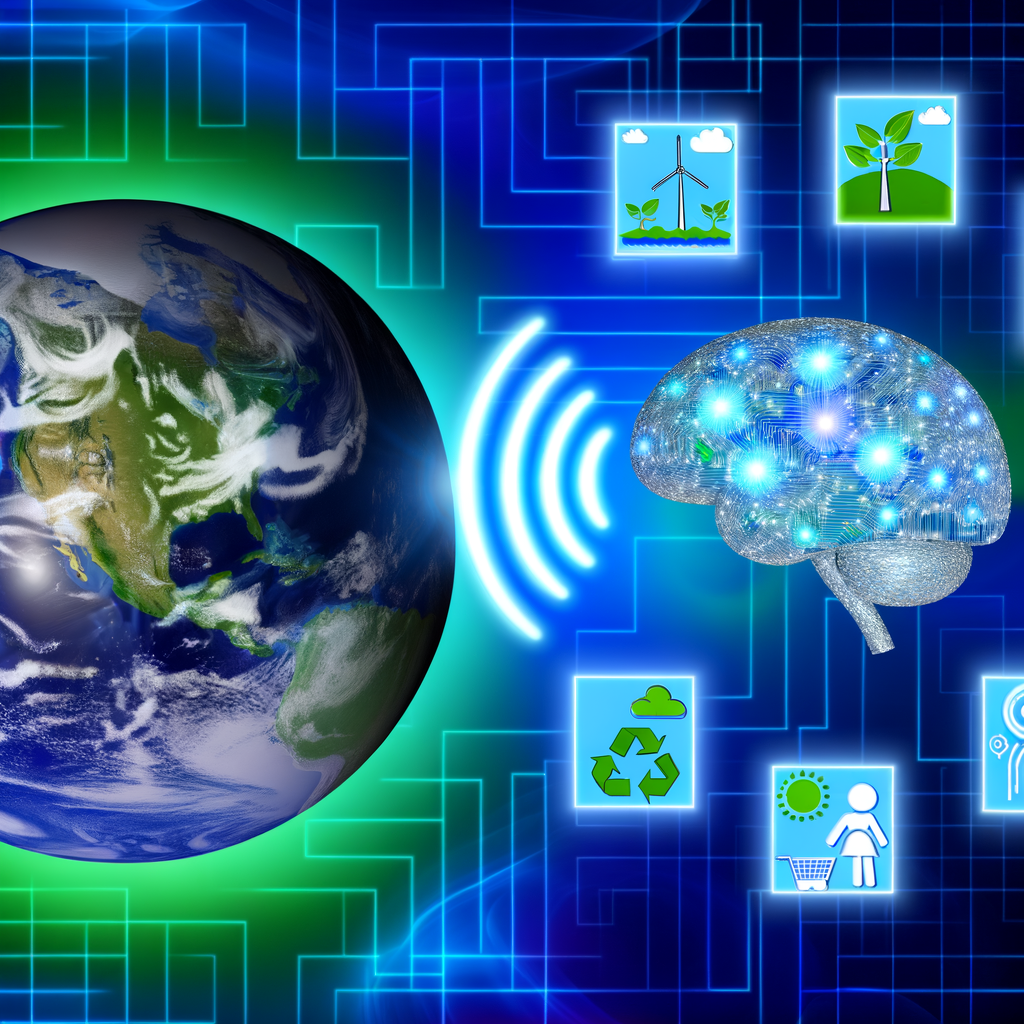Inside an Interview with OpenAI CEO Sam Altman: Insights Revealed
In the rapidly evolving world of artificial intelligence, few names resonate as powerfully as OpenAI. At the helm of this groundbreaking organization is Sam Altman, a visionary leader whose insights and decisions shape the future of AI technology. In this post, we delve into a recent conversation with Altman that unpacks his perspectives on innovation, ethics, and the transformative potential of AI. We aim to provide readers with a comprehensive understanding of his vision and the road ahead for OpenAI.
The Journey of OpenAI
Sam Altman co-founded OpenAI in December 2015, with the mission of ensuring that artificial general intelligence (AGI) benefits all of humanity. During our interview, Altman reflected on this journey, stating, “The idea behind OpenAI has always been about collaboration and the responsible development of AI systems. We envisioned a world where AI could augment human capabilities rather than replace them.”
Since its inception, OpenAI has achieved remarkable milestones. The release of models such as GPT-3 has shown the potential of language-based AI in creative writing, programming assistance, and customer service. These advancements have sparked both excitement and necessary discussions about the ethical implications of AI. As Altman notes, “While the technology can drive amazing breakthroughs in efficiency and creativity, we must tread carefully. The impact of AI on jobs, privacy, and security cannot be ignored.”
The Ethics of Artificial Intelligence
One of the key topics in our conversation was the ethical considerations surrounding AI technology. Altman underscored the importance of creating guidelines that prioritize safety and inclusivity. “AI is a powerful tool, but with great power comes great responsibility,” he said. “We are committed to rigorous safety standards and actively engaging with diverse communities to understand their perspectives.”
OpenAI’s approach to ethics extends to transparency in AI development. The organization regularly releases research papers and engages with the public to demystify AI processes. Altman emphasized, “We want to build trust not just through the technology itself, but through how we communicate our intentions and actions.”
Innovation Meets Regulation
As innovations in AI continue to accelerate, so does the conversation around regulation. Altman acknowledged the challenge of striking a balance between fostering innovation and ensuring safety. “Regulation should not stifle creativity but rather guide it. We believe in a collaborative approach with regulators, stakeholders, and the public,” he explained.
He also highlighted the need for developers to proactively implement ethical considerations into their work. “It’s not enough to just follow the rules; we need to set our own standards and hold ourselves accountable,” Altman pointed out. This proactive stance sets OpenAI apart from other tech giants navigating similar waters.
The Future of AI: Opportunities and Challenges
Looking forward, Altman sees immense potential in AI to tackle some of society’s biggest challenges, from healthcare to climate change. “AI can analyze vast amounts of data, provide predictive analytics, and offer insights that were previously unattainable,” he noted. However, he stressed the importance of addressing bias within AI systems. “If we don’t confront existing biases in data, we risk perpetuating inequality,” he warned.
One area ripe for AI intervention is personalized education. Altman envisions a future where AI systems adapt to individual learning styles, providing customized resources that enhance the educational experience. “Imagine an AI tutor that understands your strengths and weaknesses, guiding you through subjects in a way that resonates with you,” he described enthusiastically.
Public Perception of AI
Despite its potential, public perception of AI remains a critical barrier to overcome. Altman acknowledged the skepticism that often surrounds such powerful technology. “Fear often stems from misunderstanding. It’s crucial for us to engage in conversations about AI that demystify it and clarify its benefits,” he asserted.
Incorporating stories of AI’s positive impact on everyday life is vital. Altman shared anecdotal evidence of how AI has improved workflows across various industries, from simplifying administrative tasks to enhancing customer interactions. “These stories help build awareness and trust, showing people that AI can be a force for good,” he elaborated.
Conclusion: Navigating the Future Together
In conclusion, Sam Altman’s insights reveal a leader dedicated to creating a future where AI benefits all of humanity while adhering to ethical standards. The journey of OpenAI is a testament to the transformative power of collaboration and responsibility in the realm of artificial intelligence.
As we continue to navigate this uncharted territory, open dialogues that include diverse voices and foster understanding are essential. The path toward an equitable AI future is intricate, but with leaders like Altman at the forefront, there is hope that innovation can occur alongside thoughtful consideration of its broader implications.
For more engaging discussions about AI and its future, sign up for our newsletter, and stay informed about the latest developments in technology and ethics.


